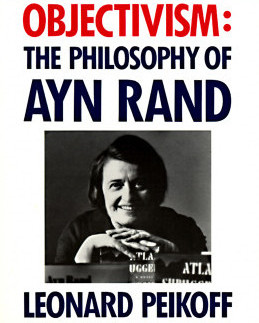An excerpt from chapter 5 on Reason from Objectivism: The Philosophy of Ayn Rand by Leonard Peikoff.
Now let us consider the epistemological implications of the above discussion.
Reason is a faculty of awareness; its function is to perceive that which exists by organizing observational data. And reason is a volitional faculty; it has the power to direct its own actions and check its conclusions, the power to maintain a certain relationship to the facts of reality. Emotion, by contrast, is a faculty not of perception, but of reaction to one’s perceptions. This kind of faculty has no power of observation and no volition; it has no means of independent access to reality, no means to guide its own course, and no capacity to monitor its own relationship to facts.
Emotions are automatic consequences of a mind’s past conclusions, however that mind has been used or misused in the process of reaching them. The ideas and value-judgments at the root of a feeling may be true or false; they may be the product of meticulous logic or of a slapdash mess; they may be upheld in explicit terms, or they may be subconscious and unidentified. In all these cases, positive and negative alike, the feeling follows obediently. It has no power to question its course or to check its roots against reality. Only man’s volitional, existence-oriented faculty has such power.
Feelings or emotions are …
Read the rest in Objectivism: The Philosophy of Ayn Rand.
